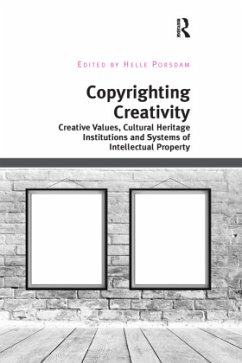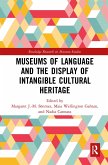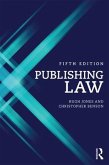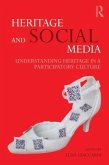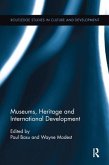What is the relationship between creativity, cultural heritage institutions and copyright? Who owns culture and cultural heritage? The digital age has expanded the horizon of creative possibilities for artists and cultural institutions - what is the impact on legal regimes that were constructed for an analogue world? What are the tensions between the safeguarding of cultural heritage and the dissemination of knowledge about culture? Inspired by a three year research project involving leading European universities, this book explores the relationship between copyright and intellectual property, creativity and innovation, and cultural heritage institutions. Its contributors are scholars from both the humanities and the social sciences - from cultural studies to law - as well as cultural practitioners and representatives from cultural heritage institutions. They all share an interest in the contribution of intellectual property to the role of cultural institutions in making culture accessible and encouraging new creativity.
'For anyone pondering what the public mission of today's cultural heritage institutions should be, this volume offers a sweeping read. What binds the contributions is the critical reflection on the idea and role of copyright as regulator of cultural property and creativity. The varying perspectives taken ensure a rich analysis that surpasses the traditional legal and economic views.' Mireille van Eechoud, University of Amsterdam, Netherlands

